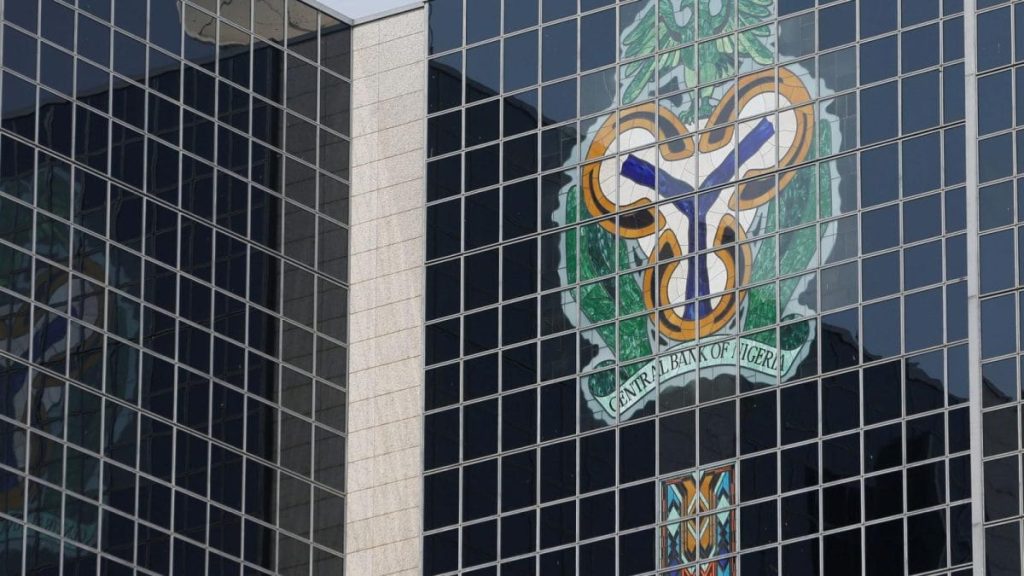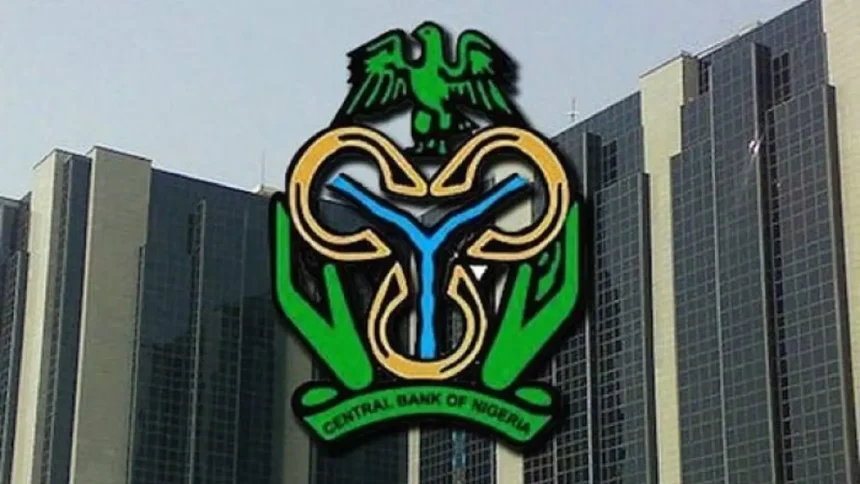In a significant move to overhaul Nigeria’s foreign exchange (FX) operations, the Central Bank of Nigeria (CBN) has introduced revised guidelines for the Nigeria Foreign Exchange Market (NFEM). These reforms, outlined in a circular dated November 29, 2024, mark a decisive step towards creating a transparent, efficient, and well-regulated FX market.
The updated framework consolidates multiple FX market windows, redefines the roles of key participants, and imposes stringent compliance measures. By addressing inefficiencies and promoting transparency, the CBN aims to build a system that better serves the needs of individuals, businesses, and the broader economy.
For the first time in years, licensed Bureaux de Change (BDCs) have been incorporated into the official FX market. BDCs can now purchase foreign exchange directly from Authorized Dealers, subject to a monthly cap determined by the CBN.

This development is expected to improve retail FX access for individuals and small businesses, particularly for personal travel, medical expenses, and other legitimate needs. However, the CBN emphasized that all transactions involving BDCs must adhere strictly to licensing terms and be reported in real-time through automated systems.
The revised guidelines streamline Nigeria’s FX operations by consolidating all FX market windows into a single, unified framework. This move eliminates the previously fragmented system that included the Investors & Exporters (I&E) FX Window, SME Window, and Invisible Window.
READ ALSO: Tinubu Highlights Positive Impact of Subsidy Removal on Nigeria’s Economy
The CBN stated, “By bringing all participants into a unified market structure, we are reducing inefficiencies and enabling better access to FX for legitimate needs.”
This unification is expected to enhance market clarity, reduce distortions, and foster a more efficient price discovery mechanism.
Central to the reforms is the implementation of the Electronic Foreign Exchange Matching System (EFEMS), a centralized platform that ensures pricing transparency. All FX transactions must now be conducted through EFEMS, which will also publish daily FX rates accessible to the public.

The platform aims to eliminate the exploitation of exchange rates and ensure that all transactions align with the prevailing market framework. Authorized Dealers are required to adopt transparent pricing methodologies consistent with NFEM rates.
READ ALSO: Chelsea Dominate Aston Villa to Climb to Third in the Premier League
The revised guidelines impose rigorous reporting obligations on market participants.
- Authorized Dealers: Must report FX transactions to the CBN within 10 minutes via an API-based system.
- BDCs: Required to submit daily activity reports through automated portals.
- Commercial and Merchant Banks: Expected to implement real-time reporting for improved monitoring and oversight.
Additionally, all participants must comply with the Nigerian FX Code of Ethics and Conduct. Bank boards, CEOs, and Chief Compliance Officers are mandated to attest annually to their adherence to this code.
The guidelines formalize interbank trading with new rules designed to ensure transparency and liquidity. Authorized Dealers must:
- Trade FX exclusively through the EFEMS platform.
- Comply with credit limits and implement robust risk management practices.
- Provide two-way quotes as designated Market Makers to sustain liquidity.

The inclusion of BDCs in the official FX market is a game-changer, providing better retail access to foreign exchange. However, stricter compliance and reporting standards may challenge non-licensed intermediaries and necessitate operational upgrades among Authorized Dealers and BDCs.
The introduction of EFEMS is expected to improve pricing transparency and confidence among investors. By reducing inefficiencies and ensuring a fair marketplace, the reforms aim to attract foreign inflows and stabilize the naira.
READ ALSO: Manchester United Thrash Everton: A New Era Begins Under Ruben Amorim
CBN Governor Olayemi Cardoso emphasized the transformative potential of the electronic FX matching system, describing it as a solution to the disconnect between the current naira-to-dollar exchange rate and the naira’s true market value.
“The consolidation of the FX market is expected to enhance investor confidence and attract foreign inflows. However, the success of these reforms hinges on strict enforcement and effective management of FX liquidity,” Governor Cardoso noted.

The revised guidelines represent a bold attempt by the CBN to modernize Nigeria’s FX market, ensuring it aligns with global best practices. While the path forward may present challenges, the reforms lay a strong foundation for a more stable and inclusive FX system.
As Nigeria navigates this transformative phase, the CBN’s commitment to transparency, accountability, and efficiency remains central to its efforts to revitalize the economy and restore confidence in the financial markets.

